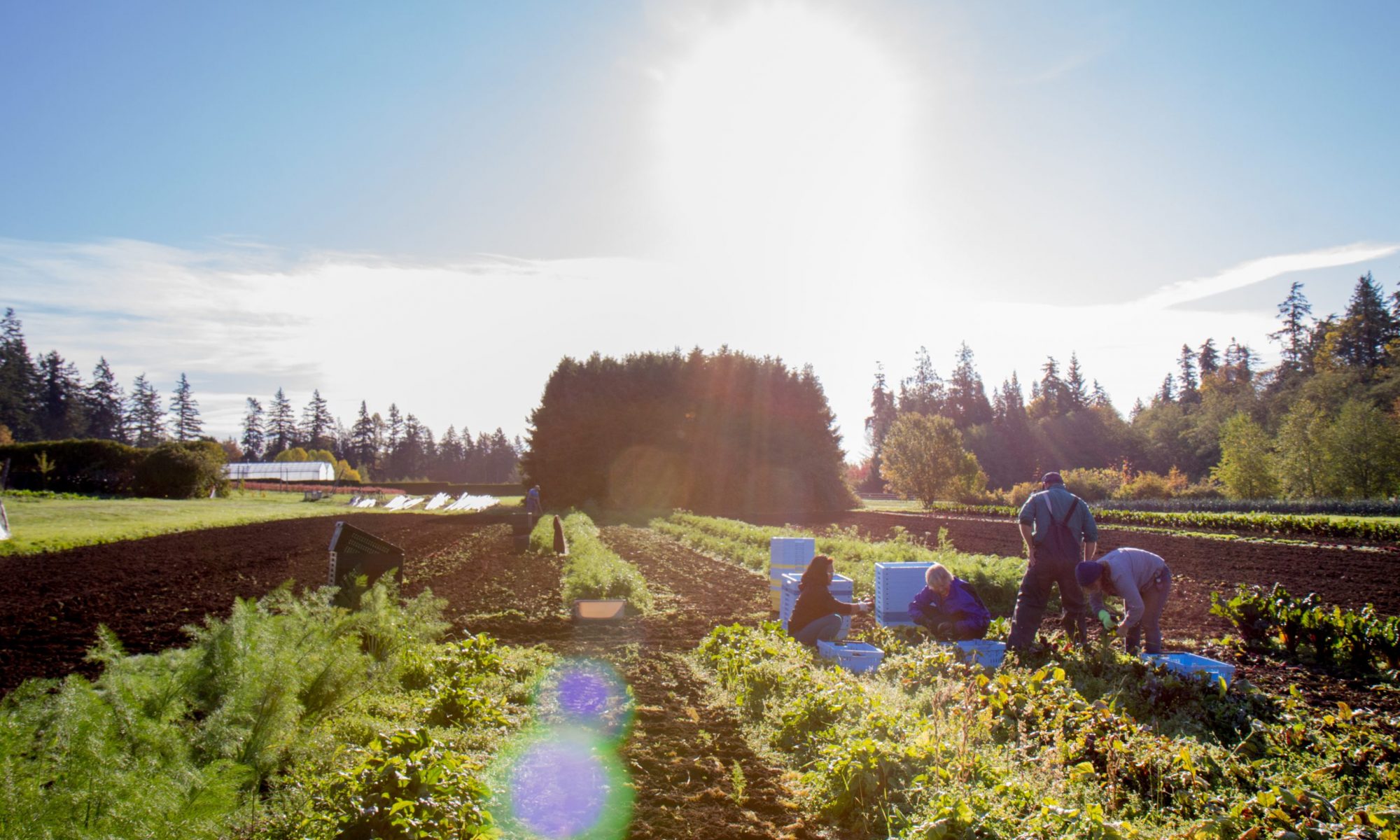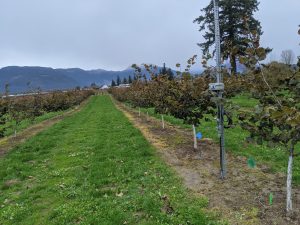BC SPCA – Community Outreach (Vancouver, BC)
One practicum opportunity available: 6-credit part-time in-person (Sept-Dec 2021) working with Charlie’s Food Bank and clients who face barriers due to mental health issues, drug addiction and/or financial issues while trying to care for their pet. The student shall learn approaches to supporting and managing the health and welfare of animals in this unique community on the Downtown Eastside. Must be available Thursdays from 8am-1pm weekly and other hours are flexible. Email cover letter and resume to Diane Waters, Outreach Specialist, dwaters@spca.bc.ca Applications due Sept 15.


